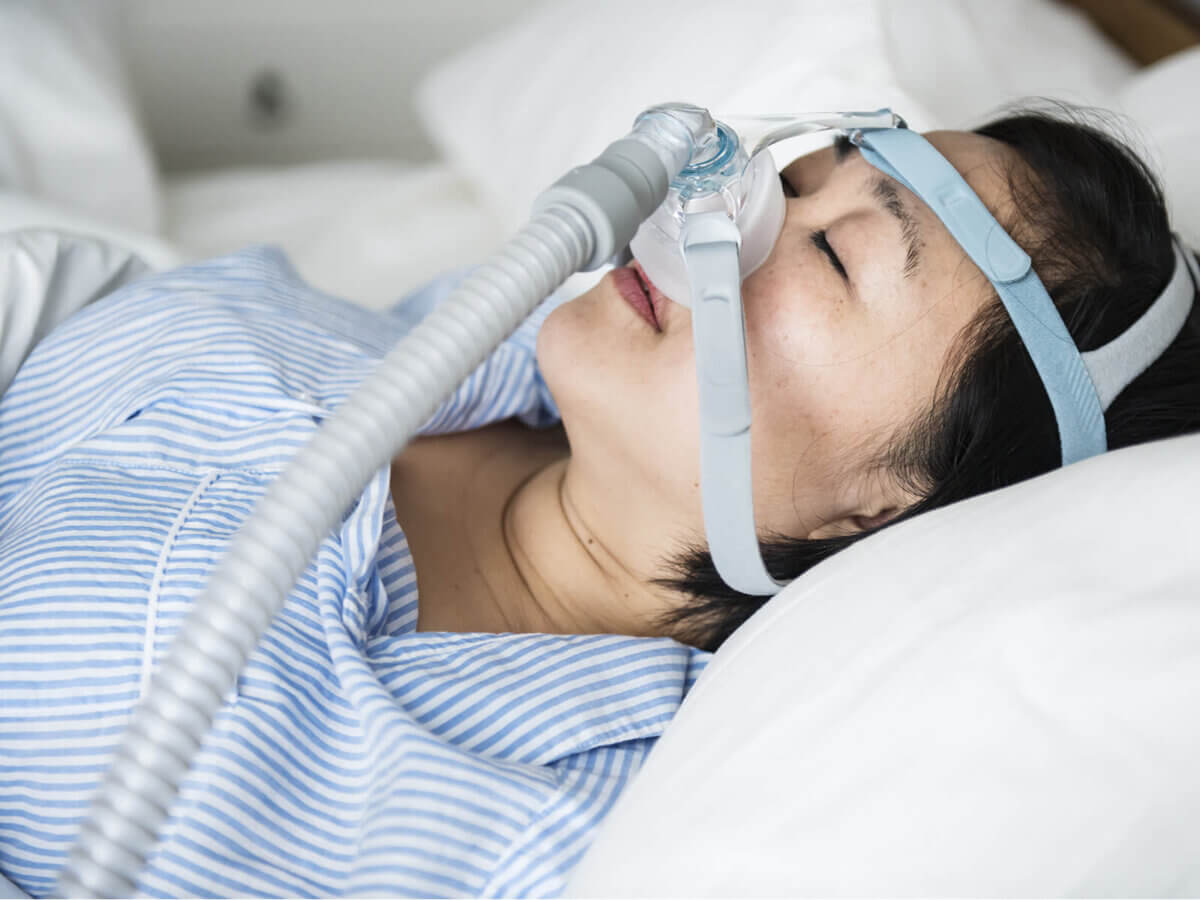Blog
Dental hygiene tips for healthy teeth & gums

Don’t Let Sleep Apnea Impact Your Health
Sleep apnea, a prevalent yet often overlooked sleep disorder, affects millions globally. Without proper treatment, it can significantly undermine your health and quality of life. This article provides an in-depth look at sleep apnea, covering its symptoms, causes, and crucially, management strategies to combat this condition.
What is Sleep Apnea?
Sleep apnea is characterized by repeated interruptions in breathing during sleep, ranging from a few seconds to minutes, and can occur numerous times overnight. There are three primary types:
- Obstructive Sleep Apnea (OSA): The most common form, resulting from relaxed throat muscles obstructing the airway during sleep.
- Central Sleep Apnea (CSA): Caused by the brain’s failure to signal the muscles controlling breathing.
- Complex Sleep Apnea Syndrome (CompSA): A blend of both obstructive and central sleep apnea, also known as treatment-emergent central sleep apnea.
Identifying Symptoms and Consequences
Timely recognition of sleep apnea symptoms is essential for effective management. Key indicators include:
- Loud snoring
- Gasping or choking during sleep
- Excessive daytime sleepiness
- Morning headaches
- Mood disturbances
- Concentration difficulties
Untreated sleep apnea can lead to severe health issues, such as:
- Hypertension
- Heart disease
- Type 2 diabetes
- Stroke
- Mental health disorders
Understanding the Causes
Several factors may predispose individuals to sleep apnea, including:
- Obesity: Extra weight can cause fat deposits around the upper airway, leading to obstructed breathing.
- Physical Attributes: Features like a thick neck or narrow airway can heighten the risk.
- Age: The condition is more prevalent in older adults.
Genetic Factors: A family history of sleep apnea can increase susceptibility. - Substance Use: Alcohol and sedatives can relax the throat muscles, exacerbating airway blockage.
Management Techniques for Sleep Apnea
Effective management can enhance sleep quality and mitigate health risks. Key strategies include:
- Lifestyle Modifications: Losing weight, engaging in regular physical activity, and avoiding alcohol and sedatives before bedtime are beneficial.
- Continuous Positive Airway Pressure (CPAP) Therapy: CPAP machines supply a constant airflow via a mask to keep the airway open.
- Oral Appliances: Devices like mandibular advancement devices (MADs) can reposition the jaw to maintain an open airway.
- Surgical Options: For certain cases, surgery might be advised to remove airway obstructions.
- Positional Therapy: Sleeping on one’s side rather than the back can help prevent airway collapse.
Conclusion
Sleep apnea poses a significant threat to health and well-being, necessitating prompt and effective intervention. Should you or someone you know exhibit signs of sleep apnea, seeking professional evaluation and treatment is critical. By implementing recommended management practices and lifestyle changes, you can significantly enhance your sleep quality, reduce symptoms, and shield your health from the adverse effects of sleep apnea. Early intervention is key to maintaining well-being and achieving restful sleep.


